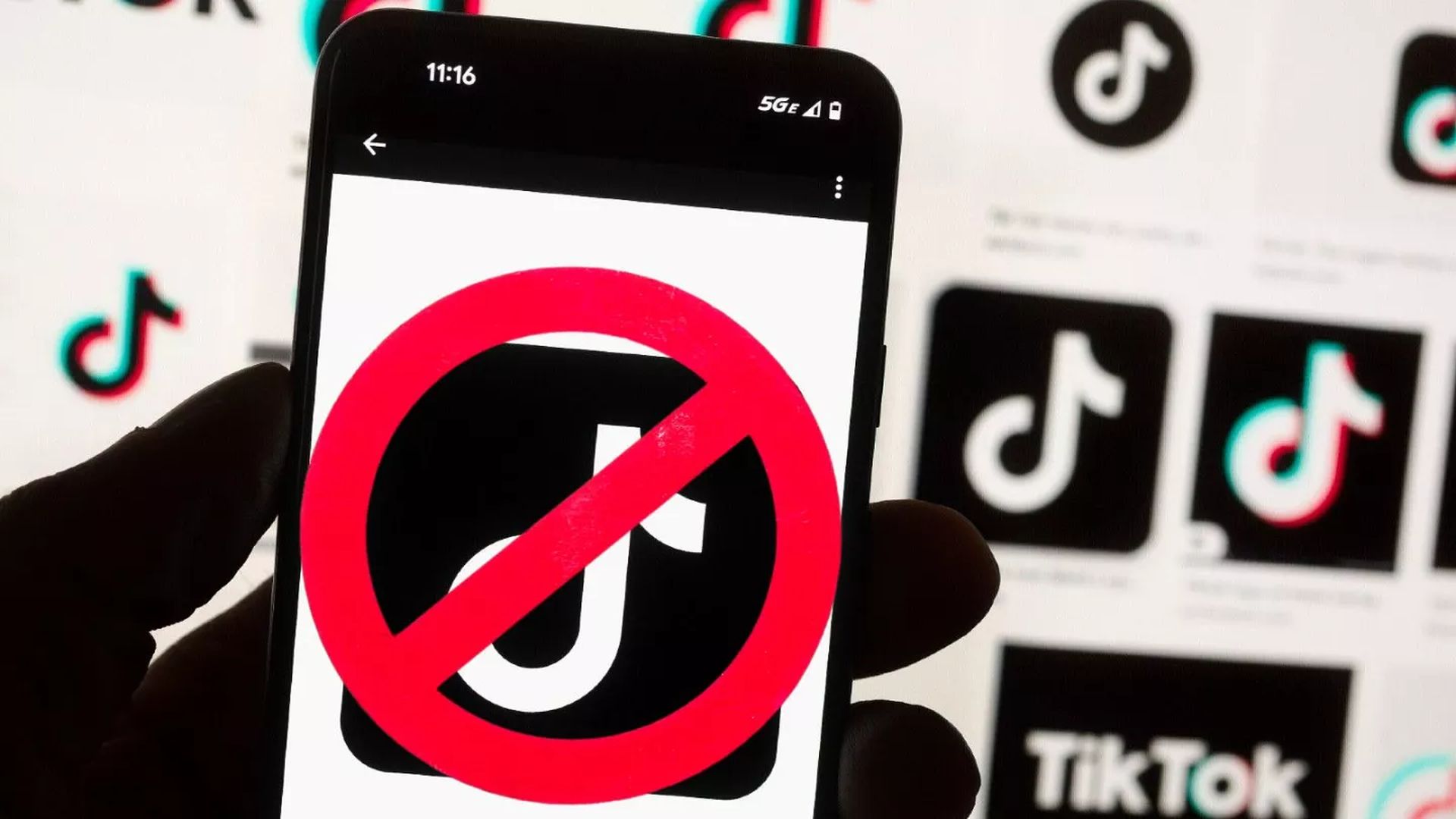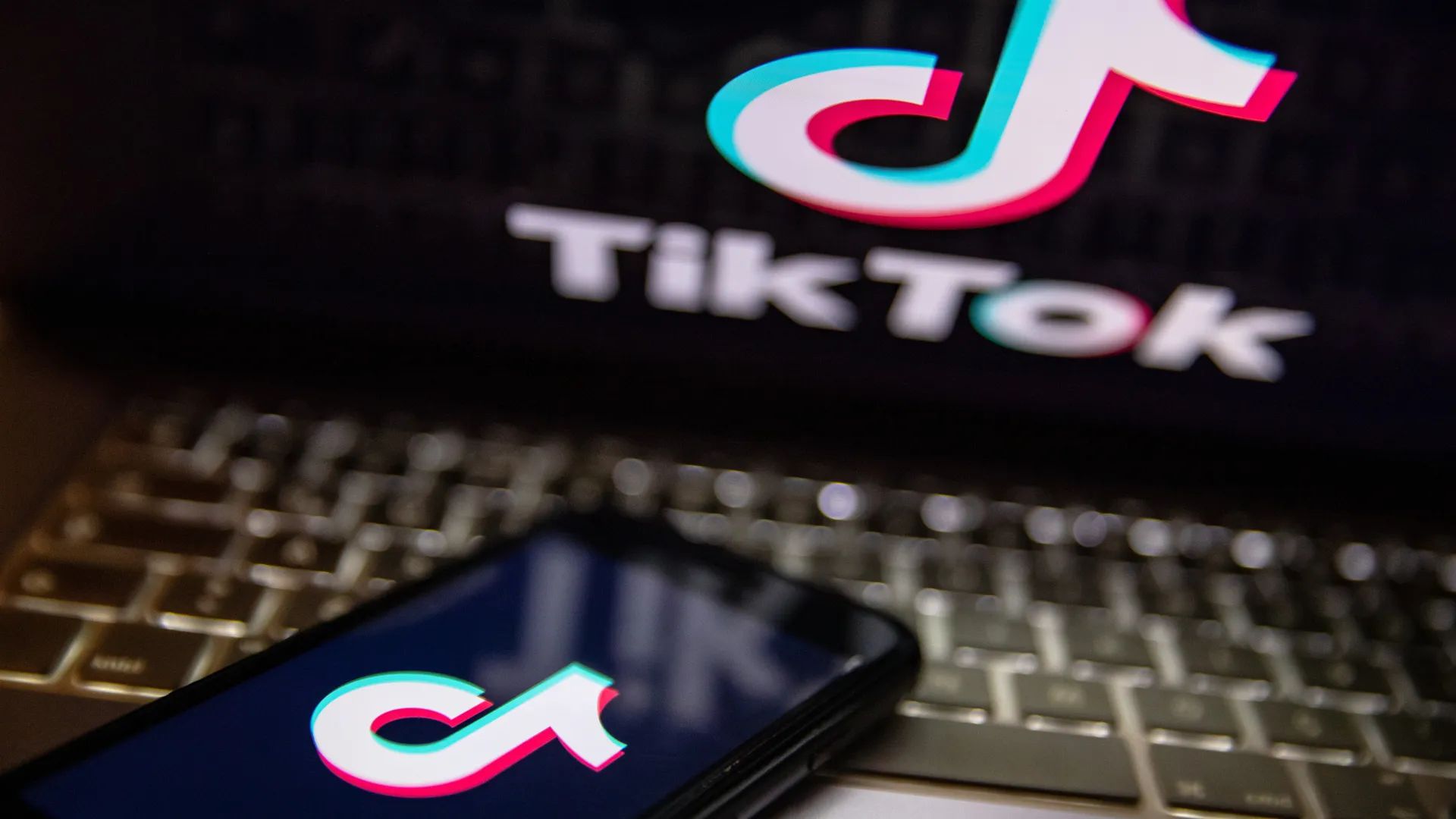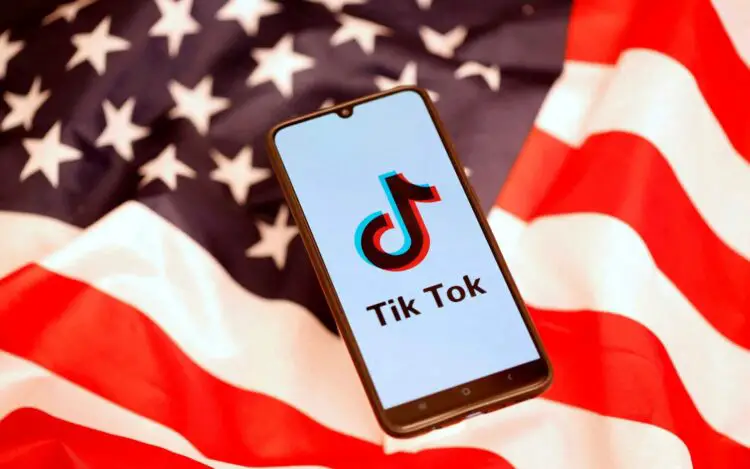TikTok claims that the recently passed legislation in Montana that would make using the short-form video app illegal is unconstitutional, and the app business has filed a lawsuit to challenge the state’s prohibition.
In an effort to get the statute overturned, TikTok filed a lawsuit on Monday in the U.S. District Court for the District of Montana. Greg Gianforte, the governor of Montana, signed it into law last week and said that it will “protect Montanans’ private data and sensitive personal information from being harvested by the Chinese. Communist Party.” ByteDance, a Chinese internet giant, is the owner of TikTok.
Click here to learn Why did Montana ban TikTok?
In a statement, the app’s creator stated, “We are challenging Montana’s unconstitutional TikTok ban to protect our business and the hundreds of thousands of TikTok users in Montana.” We are certain that our legal argument will succeed since it is supported by a very solid body of evidence.

Battle of the bans: TikTok vs. Montana’s unconstitutional law
If TikTok continues to operate in the state of Montana beyond January 1, 2024, it might be subject to penalties of up to $10,000 per day for each infraction. Additionally, if Apple and Google let users in Montana to download the software from their respective app stores, the state may levy fines on them.
According to TikTok’s complaint, Montana’s restriction “abridges freedom of speech in violation of the First Amendment, violates the U.S. Constitution in numerous other ways, and is preempted by federal law.”
After a group of the app’s inventors sued the state on same grounds, TikTok filed its own lawsuit.
The People’s Republic of China is an enemy of the United States and Montana, according to the legislation of Montana, and it is interested in learning about Montanans, Montana businesses, and users’ intellectual property in order to participate in corporate and international espionage.
Additionally, the legislation states that the Chinese government “exercises control and oversight over ByteDance, like other Chinese corporations, and can direct the company to share user information, including real-time physical locations of users.”
Furthermore, according to the legislation, “TikTok fails to remove, and may even promote, dangerous content that encourages minors to engage in dangerous activities.”
Montana’s app ban under fire: TikTok fights back in court
TikTok said in its complaint that Montana’s claims that the Chinese government may have access to user data on TikTok and that the program “exposes minors to harmful online content” are unfounded.
The state “cites nothing to support these allegations, and the state’s bare speculation ignores the reality that the plaintiff has not shared, and would not share, U.S. user data with the Chinese government, and has taken substantial measures to protect the privacy and security of TikTok users, including by storing all U.S. user data by default in the United States and by erecting safeguards to protect U.S. user data,” according to the TikTok lawsuit.
In the meanwhile, the threat of a government ban on TikTok still exists.
Industry analysts claim that after CEO Shou Zi Chew testified before a House hearing in March, the likelihood of a U.S. ban on the app increased due to the lawmakers’ strong skepticism of his responses regarding China’s influence over TikTok, the communist regime’s ability to track user data via the app, as well as TikTok’s efforts to prevent the spread of false information and harmful content.
A forced sale of TikTok is something that China’s trade ministry has said it is “firmly opposed” to, and any such deal would need Chinese government clearance.
Check out these other stories about TikTok bans:





